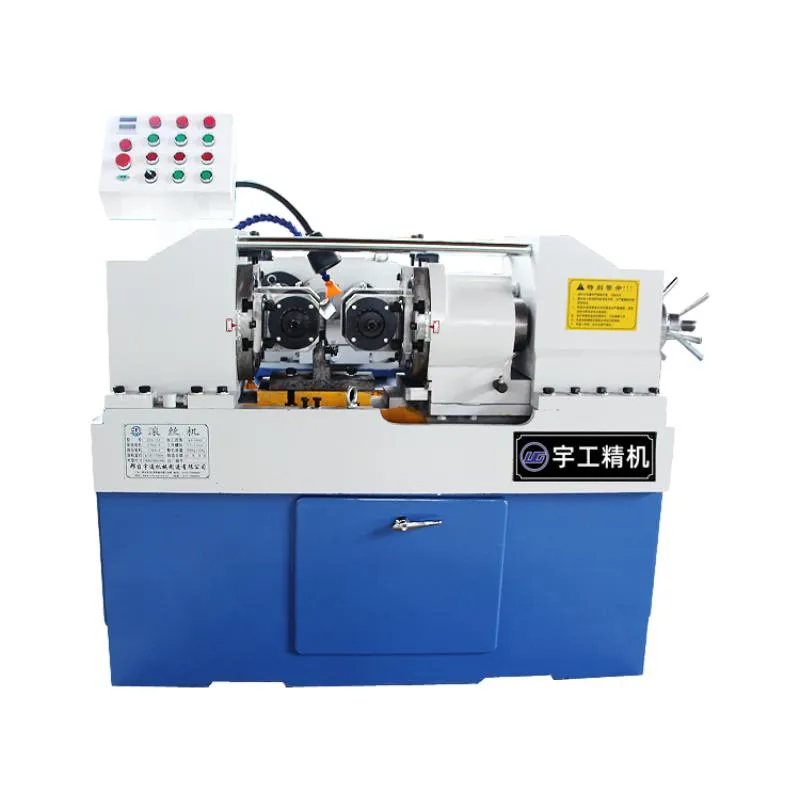
-
 Afrikaans
Afrikaans -
 Albanian
Albanian -
 Amharic
Amharic -
 Arabic
Arabic -
 Armenian
Armenian -
 Azerbaijani
Azerbaijani -
 Basque
Basque -
 Belarusian
Belarusian -
 Bengali
Bengali -
 Bosnian
Bosnian -
 Bulgarian
Bulgarian -
 Catalan
Catalan -
 Cebuano
Cebuano -
 Corsican
Corsican -
 Croatian
Croatian -
 Czech
Czech -
 Danish
Danish -
 Dutch
Dutch -
 English
English -
 Esperanto
Esperanto -
 Estonian
Estonian -
 Finnish
Finnish -
 French
French -
 Frisian
Frisian -
 Galician
Galician -
 Georgian
Georgian -
 German
German -
 Greek
Greek -
 Gujarati
Gujarati -
 Haitian Creole
Haitian Creole -
 hausa
hausa -
 hawaiian
hawaiian -
 Hebrew
Hebrew -
 Hindi
Hindi -
 Miao
Miao -
 Hungarian
Hungarian -
 Icelandic
Icelandic -
 igbo
igbo -
 Indonesian
Indonesian -
 irish
irish -
 Italian
Italian -
 Japanese
Japanese -
 Javanese
Javanese -
 Kannada
Kannada -
 kazakh
kazakh -
 Khmer
Khmer -
 Rwandese
Rwandese -
 Korean
Korean -
 Kurdish
Kurdish -
 Kyrgyz
Kyrgyz -
 Lao
Lao -
 Latin
Latin -
 Latvian
Latvian -
 Lithuanian
Lithuanian -
 Luxembourgish
Luxembourgish -
 Macedonian
Macedonian -
 Malgashi
Malgashi -
 Malay
Malay -
 Malayalam
Malayalam -
 Maltese
Maltese -
 Maori
Maori -
 Marathi
Marathi -
 Mongolian
Mongolian -
 Myanmar
Myanmar -
 Nepali
Nepali -
 Norwegian
Norwegian -
 Norwegian
Norwegian -
 Occitan
Occitan -
 Pashto
Pashto -
 Persian
Persian -
 Polish
Polish -
 Portuguese
Portuguese -
 Punjabi
Punjabi -
 Romanian
Romanian -
 Russian
Russian -
 Samoan
Samoan -
 Scottish Gaelic
Scottish Gaelic -
 Serbian
Serbian -
 Sesotho
Sesotho -
 Shona
Shona -
 Sindhi
Sindhi -
 Sinhala
Sinhala -
 Slovak
Slovak -
 Slovenian
Slovenian -
 Somali
Somali -
 Spanish
Spanish -
 Sundanese
Sundanese -
 Swahili
Swahili -
 Swedish
Swedish -
 Tagalog
Tagalog -
 Tajik
Tajik -
 Tamil
Tamil -
 Tatar
Tatar -
 Telugu
Telugu -
 Thai
Thai -
 Turkish
Turkish -
 Turkmen
Turkmen -
 Ukrainian
Ukrainian -
 Urdu
Urdu -
 Uighur
Uighur -
 Uzbek
Uzbek -
 Vietnamese
Vietnamese -
 Welsh
Welsh -
 Bantu
Bantu -
 Yiddish
Yiddish -
 Yoruba
Yoruba -
 Zulu
Zulu
China Thread Rolling Machine HS Code and Its Import Export Implications
Understanding the HS Code for China Thread Rolling Machines
The Harmonized System (HS) code is an internationally standardized system of names and numbers used to classify traded products. It is essential for customs clearance and trade statistics. The HS code for thread rolling machines, particularly those from China, is crucial for businesses engaged in international trade, enabling them to navigate the complexities of tariffs, taxes, and trade regulations efficiently.
Thread rolling machines are essential in the manufacturing sector, specifically for the production of threaded components used in various applications such as fasteners, bolts, screws, and other mechanical parts. These machines employ a process that deforms material into the desired thread shape without removing any material, which can result in stronger and more precise components compared to traditional cutting methods.
Understanding the HS Code for China Thread Rolling Machines
The HS code for thread rolling machines is a vital factor for businesses that import or export these machines. Understanding the correct classification is necessary to determine applicable duties and taxes. Generally, thread rolling machines are categorized under HS Code 8462, which covers machine tools for working metal. More specific classifications may depend on the machine's features, capabilities, and intended use.
china thread rolling machine hs code

When dealing with international trade, using the correct HS code is essential to avoid complications or delays at customs. Incorrect classification can lead to miscalculated tariffs, which may increase the overall cost of imported machines. Furthermore, in the event of inspection, customs authorities rely on the HS code to determine compliance with trade regulations and to ensure that goods are not subject to restrictions or additional scrutiny.
For companies involved in importing thread rolling machines from China, it's vital to stay abreast of changes in trade policies. The global trade landscape can shift due to geopolitical tensions, trade agreements, or economic sanctions, all of which can influence tariffs and trade practices. Therefore, engaging with trade experts or utilizing software tools that track HS codes and customs regulations can provide valuable insights.
Moreover, businesses should consider the competitive advantages offered by using high-quality Chinese thread rolling machines. Many manufacturers in China provide advanced technology, efficient production capabilities, and lower costs, making these machines appealing for many businesses looking to optimize their manufacturing processes. Importing from established Chinese manufacturers can significantly reduce lead times and enhance product quality.
In conclusion, understanding the HS code for China thread rolling machines is crucial for businesses in the manufacturing sector engaged in global trade. Correct classification ensures smooth customs clearance and compliance with trade regulations, while also allowing businesses to take advantage of the efficiencies and cost benefits associated with importing high-quality machinery from China. As the global market evolves, staying informed about HS codes and industry developments will be key to maintaining a competitive edge.
